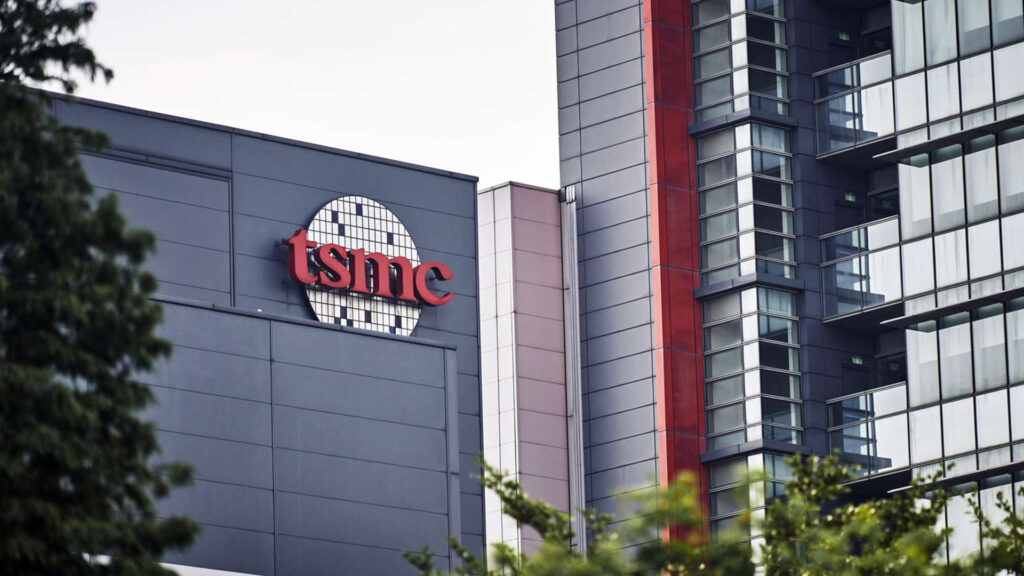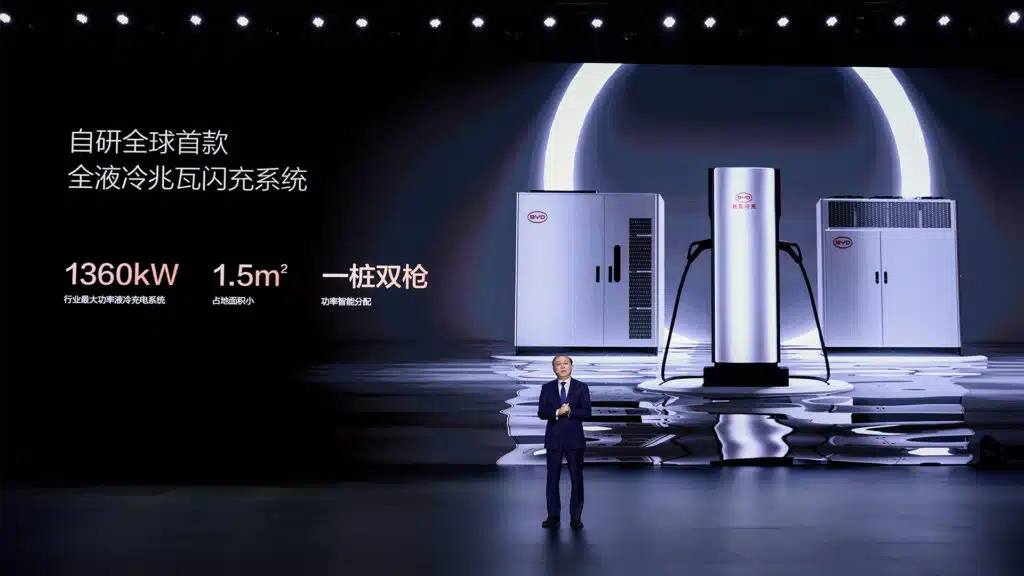TAIPEI – Taiwan Semiconductor Manufacturing Co Ltd (TSMC), the world’s largest contract chipmaker, has raised its full-year revenue forecast due to the increasing demand for chips used in artificial intelligence (AI).
Despite facing challenges, including political comments and supply issues, TSMC remains optimistic about its growth trajectory.
Highlights
- Revenue Forecast: TSMC raises its 2024 revenue forecast to grow slightly to above the mid-20% range in USD terms.
- AI Demand: The surge in AI demand significantly boosts TSMC’s business.
- Political Commentary: Comments from US political figures impact TSMC’s stock performance.
- Expansion Plans: TSMC continues its expansion plans in Arizona, Japan, and Europe.
- Supply Tightness: TSMC reports tight supply for leading-edge nodes.
AI Demand Driving Growth
TSMC has been riding the wave of the global AI boom, which has offset the tapering of pandemic-led electronics demand. Chairman and CEO C.C. Wei highlighted that AI functionality is becoming a crucial component for all customers, driving demand for TSMC’s chips.
This trend has led TSMC to increase its 2024 revenue forecast, projecting growth in the mid-20% range in USD terms.
Financial Performance
TSMC posted a net profit of T$247.8 billion ($7.60 billion) for the April-June quarter, beating market expectations. This performance is attributed to a strong demand for AI-related chips and smartphone components.
The company expects its third-quarter revenue to increase by as much as 34%, with projections between $22.4 billion to $23.2 billion.
Expansion and Capacity
TSMC is investing heavily in expanding its production capacity to meet the surging demand. The company is spending $65 billion on three plants in Arizona and has additional factories in Japan and Germany.

A smartphone with a displayed TSMC (Taiwan Semiconductor Manufacturing Company) logo is placed on a computer motherboard in this illustration taken March 6, 2023. REUTERS/Dado Ruvic/Illustration/File Photo
Despite political comments from US figures, TSMC’s expansion strategy remains unchanged. CFO Wendell Huang noted that the supply for leading-edge nodes, including 3nm and 5nm chips, will remain tight next year.
Political and Regulatory Context
Recent comments from US Republican presidential candidate Donald Trump, suggesting that Taiwan should compensate the US for its defense, have impacted TSMC’s stock. Despite these challenges, TSMC continues to focus on its growth and expansion plans.
The company has rejected the idea of a joint venture factory in the US, maintaining its current expansion strategy.
Market Dynamics
The global semiconductor market has been influenced by various factors, including geopolitical tensions and shifts in demand patterns.
The Semiconductor Industry Association reported that the US’s share of global chip manufacturing capacity has decreased, while Taiwan’s share has also declined slightly. These dynamics underscore the importance of strategic investments and partnerships in the semiconductor industry.
Leveraging AI Demand
TSMC’s proactive approach to leveraging AI demand and its robust expansion plans position the company for continued growth. The company’s ability to navigate political and supply chain challenges will be crucial in maintaining its leadership in the global semiconductor market.





